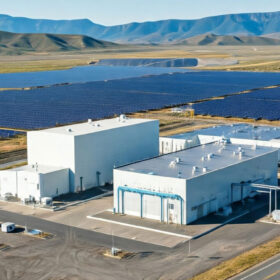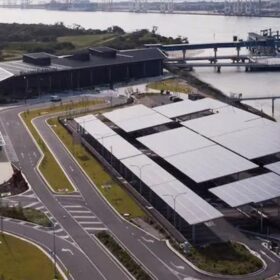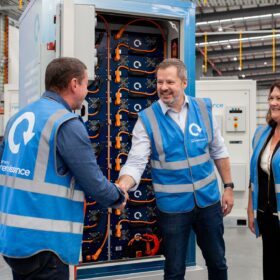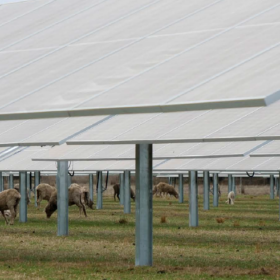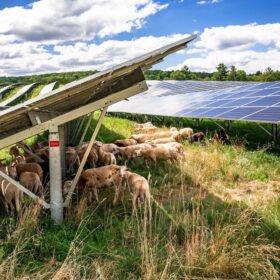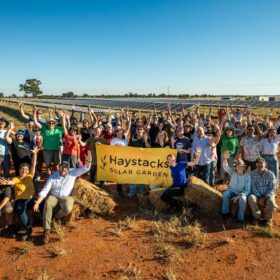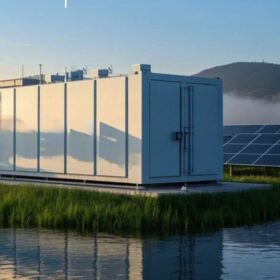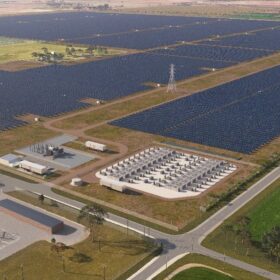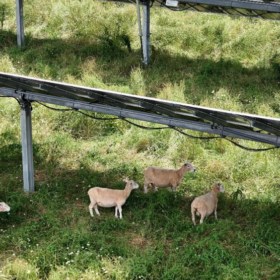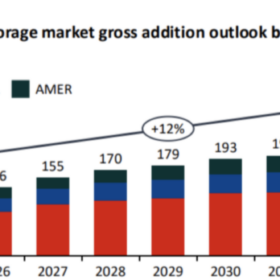Green hydrogen player IGE enters administration
Western Australia-based green hydrogen developer Infinite Green Energy has been placed into administration the day before a court hearing over a disputed multimillion-dollar debt.
Enosi evolves United Kingdom deal for its clean energy trading solution
Sydney clean energy technology company Enosi has partnered with United Kingdom-based energy supplier Evolve Energy to offer its clean energy matching software.
Cybersecure Australian-made residential battery launched in NSW
On the back of the federal government’s $2.3 billion home battery subsidy, a new CSIRO designed and Energy Renaissance-built residential battery has been launched at a New South Wales-based gigafactory.
Large-scale solar development locations have role in biodiversity protection
The location of large-scale solar farm developments can play a significant role in protecting biodiversity says a new report that charts a path for clean energy projects to avoid areas with conservation value and alternatively explore the benefits of agrivoltaics.
Agrivoltaic partnership to drive social licence for landholders hosting solar
Agrisolar Cooperative Research Centre has partnered with a private consultancy to accelerate on-farm renewable energy adoption and protect productive agricultural land.
Pioneering ‘solar garden’ scores sustainability award
Australia’s first large-scale solar garden, the Haystacks Solar Garden in the New South Wales Riverina region has been named among the winners of the country’s longest running sustainability awards.
Jinko TOPCon technology tapped for 10 GW green hydrogen project
JinkoSolar has inked a deal to supply PV modules based on its N-type TOPCon technology to power a 10 GW green hydrogen production facility being developed in the Northern Territory.
Construction begins on publicly owned solar and battery project
Construction proper has officially begun on a 119 MW solar farm and 100 MW / 200 MWh battery energy storage facility in Victoria’s northwest with the state government saying the publicly owned project is on track for completion in 2027.
New Zealand’s first grid connected solar project close to operational
Lodestone and TrinaSolar have completed the build of a third agrivoltaics project together, which will be the first solar project in New Zealand connected directly to the grid.
ClearVue inks South Korean distribution and deployment agreements
Western Australia-headquartered smart building materials company ClearVue Technologies has established a partnership with South Korean solar energy company Sinrok Solar Energy to distribute and deploy ClearVue’s solar glazing products, including rights for fencing and road barrier applications.
